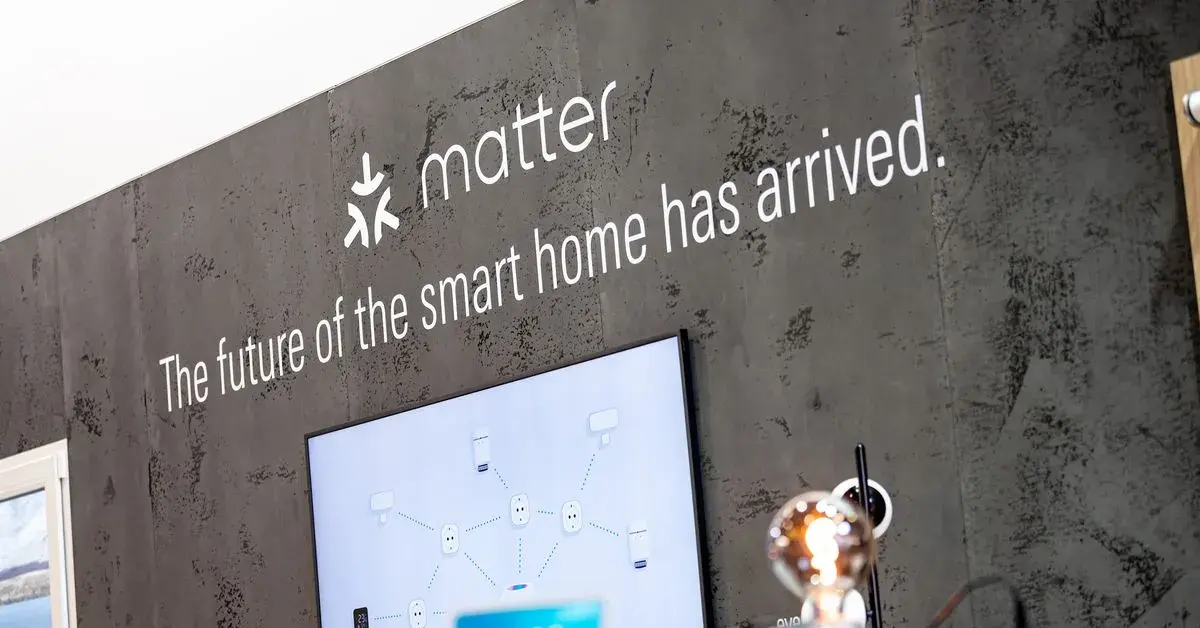- cross-posted to:
- [email protected]
- cross-posted to:
- [email protected]
The article discusses expectations for smart home announcements at the upcoming IFA tech show in Berlin. While companies may unveil new smart speakers, cameras and robot vacuums, the smart home remains fragmented as the Matter interoperability standard has yet to fully deliver on integrating devices. The author argues the industry needs to provide more utility than novelty by allowing different smart devices to work together seamlessly. Examples mentioned include lights notifying users of doorbell activity or a robot vacuum taking on multiple household chores autonomously. Overall, the smart home needs solutions that are essential rather than just novel if consumers are to see the value beyond the initial cool factor.



I know someone living in a really high-end “smart” home. We’re talking about a ton of hardware and proprietary software controlling practically everything in the house. From one app in a phone or iPad, you can control everything from the security cameras to the heater to the pool.
It’s basically the pinnacle of what all this technology intends to achieve, and tbh, it’s all a bit of a pain.
Diagnosing anything in the house has an extra layer of work. Is it the pool heater not working? Oh, no, it’s the app not working. Security alert from the house? A fly walked across the camera lens. Everything acting weird all the sudden? Guess the shitty monopoly broadband cable provider in the city is having issues again.
The system only stays afloat because of a 24/7 service contract with a company that specializes in these houses. Give a few months without that support, and things will start falling apart.
I get that this is a different class from the products from Google and Amazon, or even the various open source products, but tbh, I’ll take fragmented over monolithic and overarching.
I may be a bit cynical here, but to me, current smarthome systems are about two things: a) vendor lock-in, and b) holding your house hostage to push you away from one-time purchases and onto subscription services, much as is already hapening with computers/smartphones and modern cars.
From the seller’s point of view, subscription services have several huge advantages: they
can milk youhave a guaranteed revenue stream for the lifetime of the system, they can collect/sell lots of data about you, and they can ram any TOS changes down your throat which you will accept as long as you care about being able to turn on the lights in your kitchen.Interoperability is really bad for vendor lock-in, so I’m curious as to which supplier will implement it to what degree.
As for our house, it has some smart things, but none of those are connected to the internet, nor do I expect they ever will be.
For all its faults and risks, a smart home can still make your life a lot easier.
Found your problem.
Let’s not pretend open source smart homes are perfect either. I hve immense respect for the Home Assistant project, but making it all work seamlessly is a nearly impossible task.
I mean, I agree, but the target market of a lot of this stuff couldn’t care less. They want their hot tub synced up to their Outlook calendar or whatever, and can afford a monthly maintenance contract to keep that working.
For the rest of us, there’s this sort of odd limbo. Most people expect some kind of remote control app as part of their smart stuff, which means either going through an outside cloud service, or running your own server and contending with the fact that most of us don’t have a static IP. Of course there are services like no-ip, but again, you’re stuck using someone else’s cloud service, just for a much smaller part of the overall task.
My point at the end though is that I don’t necessarily want “all in one” control, whether open source or proprietary. I’ve seen what well-implemented smarthome looks like, and it does not (to me) seem worth the money or time. I’ll take the ecobee, maybe the security cameras, and I’ll even go though their commercial cloud to get that remote connectivity, but I’d rather keep my services separate, than go all-in on one hardware/provider/app.
Just buy a domain name and use dynamic DNS, it is what I do. I’d argue that what you have seen is far from well implimented, but to each their own of course.
I mean, that’s basically the option. Set up a domain, set up dynamic DNS, and safely do the right port forwarding and IP reservations in your router.
Unfortunately this is not easy for a lot of people, and the overall picture of home automation requires a combination of skills that not everyone has. Then they basically get two choices: pay for a company to maintain the system, or use someone else’s cloud. A lot of people will pick option 2.
Unlike a lot of DIY tasks, it’s not even one that I would suggest to someone who is hesitant. It’s not a “oh just try planting tomatoes this year, see how it turns out.” Someone who messes up their port forwarding rules could potentially open their home network to a lot of trouble.